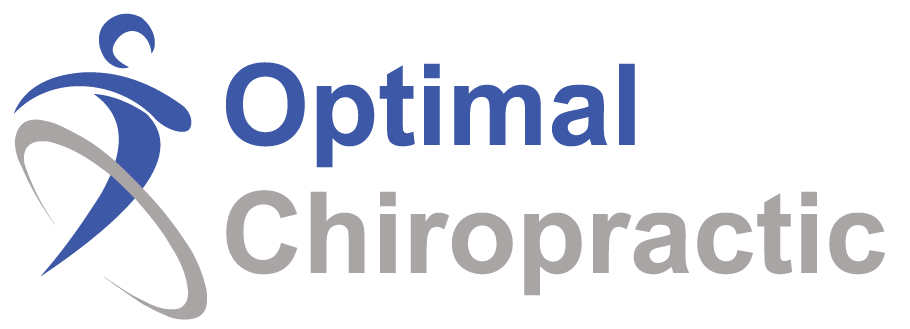After our blog earlier this week about the harmful side of non-steroidal anti-inflammatory drugs (NSAIDs), we wanted to follow up with a more natural and safe way to fight some of those long standing inflammatory conditions. While acute inflammation in response to injury is a necessary process, chronic inflammation can lead to many more serious conditions.The causes of pain and disease can be broken down into 3 simple categories. These categories include things which you are doing, thinking, or eating.A question we often get asked by patients, is what can they do at home to help with healing? Among stretches and exercises which may help with an injury or condition, nutritional changes can be a huge factor to aid in healing. And while NSAIDs may delay healing times, a proper diet ensures that the body is receiving vital nutrients to fight off chronic illness and injury.Again, it is important to remember, inflammation in itself is not a bad thing. Acute inflammation is part of the body’s natural response to injury or irritants which may be harmful. Take a look at the image on the left, chronic inflammation in the body can lead to any and all of these conditions.So what exactly is an anti-inflammatory diet? Basically, any diet that does not contain sugar, flour, omega-6 oils, and trans-fats can be considered anti-inflammatory. A diet rich in fresh fruits, vegetables, raw nuts, lean meats, chicken, and fish is ideal. It is important to minimize or eliminate gains including bread, pasta, crackers, and cereals. Dairy products are also important to minimize in the diet. Fried, processed or packaged foods, and many oils and salad dressings also contribute to inflammation in the body. It is generally recommended that each meal should contain about 25% protein, and 75% vegetables.Supplementation may often be recommended to combat the negative side effects of inflammation and chemical imbalances in the body. The correct supplements may actually normalize the production of various inflammatory chemicals in the body. A high quality multi-vitamin is important for nutritional deficiencies in the typical diet. Omega-3 fatty acids are also critical, which can be found in certain foods and fish oil supplements. High ratios of Omega-6 fatty acids (found in grains and processed foods) to Omega-3s may lead to uncontrolled/chronic inflammation.Making the change to an anti-inflammatory diet may not be easy, however, the benefits are numerous. It is important to remember that these changes take time. Along with decreasing inflammation and preventing disease, you’ll likely sleep better, increase energy, and recover from pain faster. Before making any significant changes to your diet, it is a good idea to talk with a health care professional first.If you are interested in more information on this topic, go to www.deflame.com, or contact Dr. Chris and Dr. Emily at Optimal Chiropractic in Post Falls, ID at (208) 777-4305.
